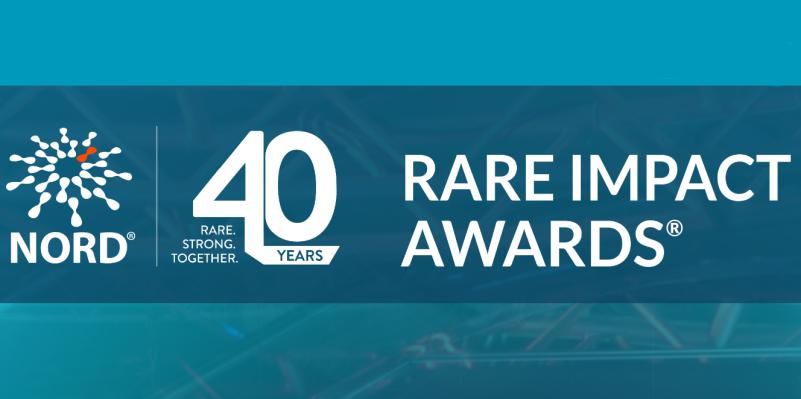
|

|
Posted 10 May 2023 AM
CSL, Novartis and Sanofi have joined other international pharmas recognised for innovations that improve the lives of rare disease patients.
The US-based National Organisation for Rare Disorders bestowed the Rare Impact Awards on six companies for their work in the rare disease space.
However, of the six drugs, none yet are available in Australia, and only two are being considered by the TGA.
CSL was recognised for gene therapy Hemgenix, which treats eligible adults living with hemophilia B. It's a one-off treatment that obviates the need for ongoing prophylactic therapy. It's currently considered the world's most expensive drug, and is being reviewed by the TGA.
"As a company dedicated to fulling Our Promise, CSL Behring has a long-standing commitment to supporting those living with rare and serious diseases and bringing innovative new therapies to the market," CSL wrote on LinkedIn.
"Last week, we were honoured to have jointly received the NORD Rare Impact Award with uniQure in recognition of innovation in the gene therapy space. It was truly a privilege to be recognised along with other incredible individuals and organisations making significant and unique contributions to advance rare disease care, advocacy and research."
 |
Bluebird Bio was also recognised for its gene therapy Skysona, which slows the progression of neurologic dysfunction in boys 4-17 years of age with early, active cerebral adrenoleukodystrophy. It held the crown for most expensive drug before Hemgenix, but the pharma has said it has no plans to seek registration in Australia any time soon.
Mallinckrodt Pharmaceuticals received an award for Terlivaz, the first product to improve kidney function in adults with hepatorenal syndrome who experience rapid reduction in kidney function.
"We are honored to receive this award from NORD," Mallinckrodt Chief Scientific Officer, Peter Richardson, said. "We are grateful to the patients who participated in our clinical trials, their caregivers and healthcare providers, and the team at Mallinckrodt who worked tirelessly to advance Terlivaz."
Novartis received a gong for Vijoice, the first FDA-approved treatment for patients two years and older with severe manifestations of PIK3CA-Related Overgrowth Spectrum (PROS) who require systemic therapy. It affects an estimated 14 people per million. Vijoice has the same active ingredient as Novartis' Piqray, which is TGA-approved for treating breast cancer with a PIK3CA mutation.
Sanofi won an award for Xenpozyme, which has received Orphan Drug status from the TGA. It's used to treat pediatric and adult patients with acid sphingomyelinase deficiency (ASMD) symptoms that are not related to the central nervous system. It's a genetic disorder resulting from a deficiency of an enzyme required to break down a fatty substance called sphingomyelin, that accumulates in various tissues of the body.
Another award went to Marinus Pharmaceuticals for Ztalmy, used to treat seizures associated with CDKL5 deficiency disorder (CDD). It is the first treatment for CDD and the first specifically for CDD-related seizures.
"As we look to the future, we remain committed to collaborating with industry stakeholders to address barriers to rare disease drug development and push the boundaries of what's possible for patients and their families," Marinus CEO, Scott Braunstein, said.
James Quintana Pearce
If you were passed this article by a colleague, chances are you've missed other important Pharma in Focus articles and features.
To find out more, go to www.pharmainfocus.com.au and sign up for a FREE Full Text trial
Pharma in Focus
Australia's most trusted source of pharma news
© Copyright Lush Media. End of News - printed 24 November 2024